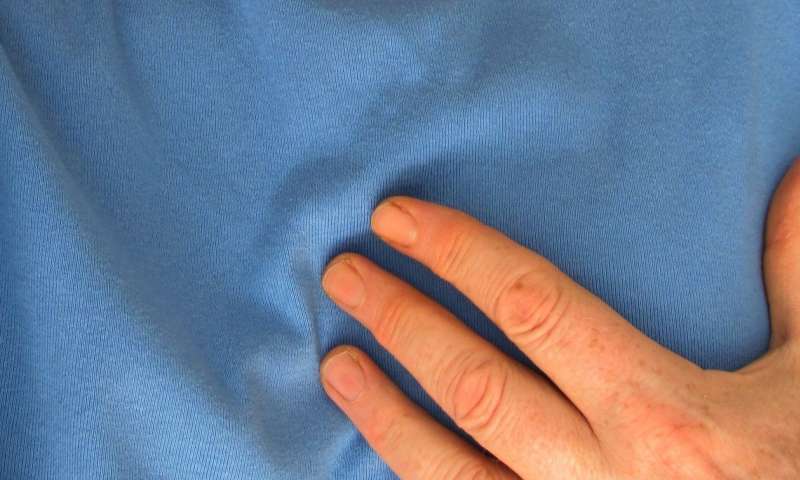
Women are more likely to die after a heart attack than men because they are often not prescribed the drugs they need. That’s the result of research presented today on ACVC Essentials 4U, a scientific platform of the European Society of Cardiology (ESC).
“Female heart attack patients may appear more fragile to physicians since they are often older than men, with smaller bodies and more co-existing conditions such as diabetes and kidney disease,” said study author Dr. Claudio Montalto of the University of Pavia, Italy. “Therefore, I think doctors might avoid potent antiplatelets (a type of blood thinner) and aggressive blood pressure lowering.”
The study prospectively enrolled 1,523 patients diagnosed with a heart attack between 2015 and 2017, including 471 (31%) women and 1,052 (69%) men. Prescribed medications were recorded, as were any medical reasons why a drug should not be prescribed (called contraindications).
Women were more likely to die after a heart attack than men. Rates of in-hospital death were similar between sexes but after an average 264-day follow-up, more women than men had died. “Previous studies have already established excess deaths in female heart attack patients, so we expected this result,” said Dr. Montalto.
A significantly lower proportion of women received optimal medical therapy at discharge (55% of women versus 64% of men). Women were also less likely to undergo invasive procedures than men (71% of women versus 83% of men).
Dr. Montalto said: “It is well established that optimal medical therapy and invasive management are both associated with increased survival after myocardial infarction. Therefore, we then examined whether female patients had worse survival strictly due to their sex—which means genetic and hormonal status, and so on—or because of suboptimal treatment.”
Using ‘multivariable regression,” a type of statistical analysis, it was observed that receiving optimal medical therapy after a heart attack was independently associated with a roughly 50% decrease in all-cause death, while female sex was not an independent predictor of death after a heart attack.
“Our study suggests that it is not being female that causes more deaths, but it is receiving fewer recommended drugs,” said Dr. Montalto. “In fact, getting the right medication nearly halves the risk of dying.”
Dr. Montalto noted that a strength the study was collecting data on contraindications. “This enabled us to discriminate whether non-prescription of a drug was due to a contraindication or not,” he said.
Source: Read Full Article
